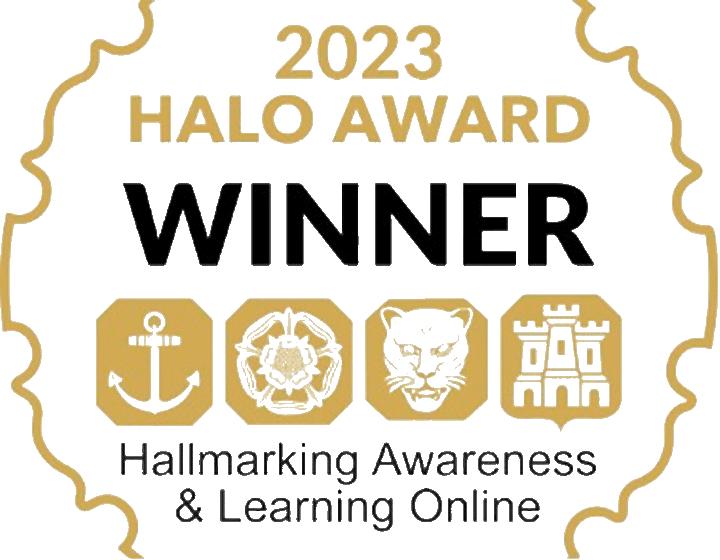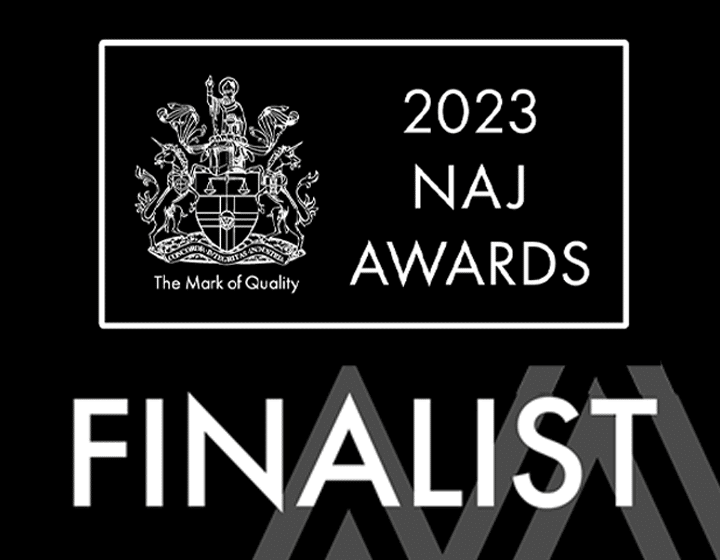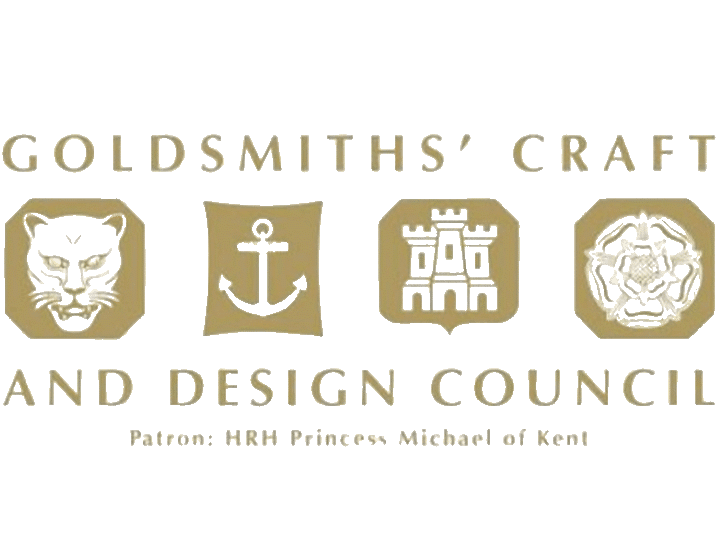

The Kimberley Process
UK Ethical Jeweller of the Year
The Kimberley Process
What is the Kimberley Process?
The Kimberley Process Certification Scheme was created by the United Nations in 2002. The scheme originated from a meeting of South African diamond-producing states in 2000 in the town of Kimberley, the capital of the Northern Cape in South Africa. This extraordinary event is depicted at the end of the film ‘Blood Diamond’.
The scheme is designed to prevent conflict diamonds from entering legitimate jewellery supply chains, so we can know that the diamonds we’re using aren’t blood diamonds. The Kimberley Process has 59 participants, representing 85 countries (with the European Union and its 27 Member States counting as a single participant, represented by the European Commission).
Under the Kimberley Process, any country which is part of the scheme must ensure that any diamond mining is strictly supervised and that diamonds in their rough and uncut and unpolished state can only be transferred between participating countries in tamper-proof containers and with proper documentation.
Every diamond export is accompanied by a Kimberley Process certificate proving that any diamond originating from that country does not finance a rebel group or other faction seeking to overthrow a UN-recognized government. The country must also ensure that no diamonds are imported to or exported from a country or state that is not a member of the Kimberly Process scheme. This means in practice that every packet of diamonds is tracked from the mine to the point of cutting. The World Diamond Council System of Warranties works alongside and extends the Kimberley Process by ensuring that each time a diamond (covering rough diamonds, loose polished diamonds and jewellery set with diamonds) changes hands, even within the same country, it meets the Kimberley Process requirements as well as requirements for essential responsible business practices, including human and labour rights, anti-money laundering and anti-corruption. Companies are required to register annually for this system and we were proud to be among the first – please contact us if you would like to see our certificate.
There have been some reports that the Kimberley Process is not foolproof. The problem with the process is that a country only has to meet the minimum requirements to become a member and that the scheme is self-enforced by the individual member countries. Whilst it is still being monitored and reviewed by official observers, such as the World Diamond Council and Global Witness, there is still room for tampering.
An example of this is in 2004 when the Republic of Congo (not to be confused with the Democratic Republic of Congo) was expelled from the list of participants in the scheme due to its constant failure to comply to the minimum requirements needed to participate. Whilst the Republic of Congo has no mining itself, it acts as a conduit for illicit diamonds smuggled from neighbouring Kimberley Process participants such as the Democratic Republic of Congo and Angola.
Whilst the process now covers 99.8% of the world’s diamond trade we are also active in working with our suppliers to make sure that none of that 0.2% make their way here. We use suppliers we’ve built up a relationship with over a number of years, most of whom are RJC certified, and we know that they only use suppliers they trust, creating a web of trust as a valuable safeguard to make sure the diamonds we use are sourced responsibly.
Learn more about the Kimberley Process here
















